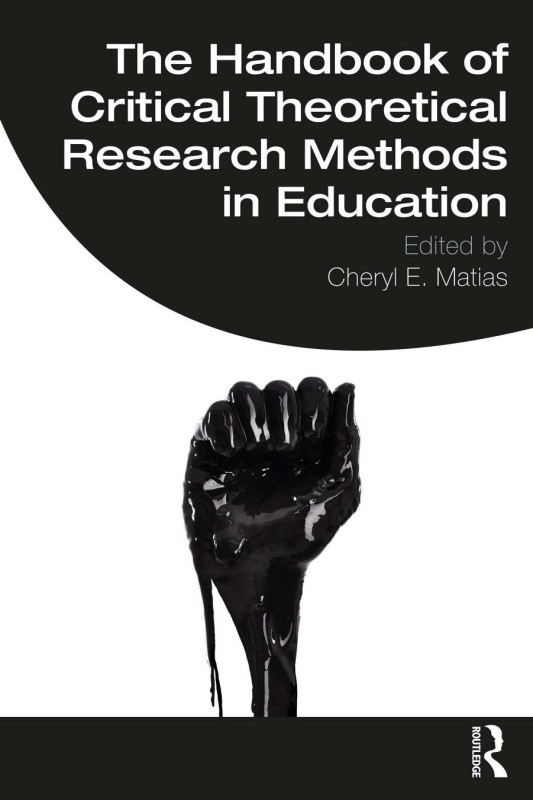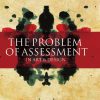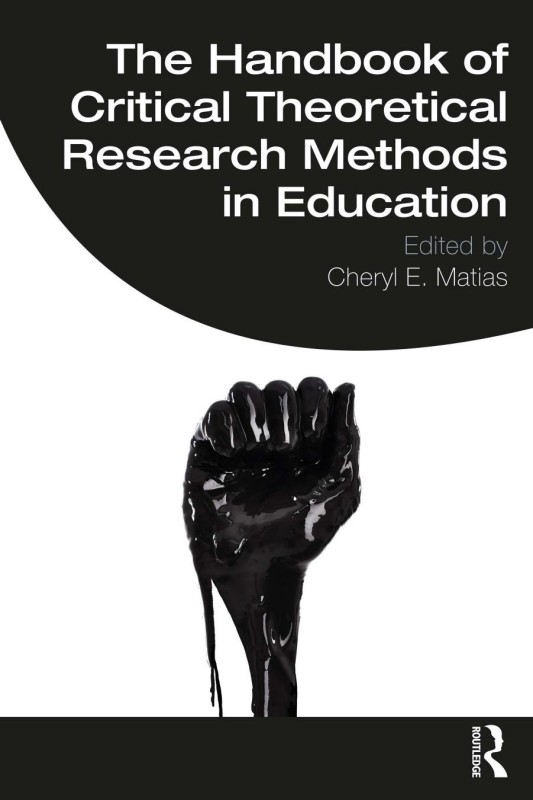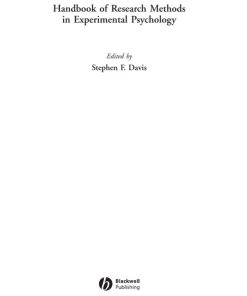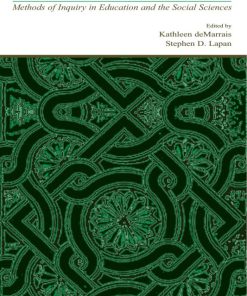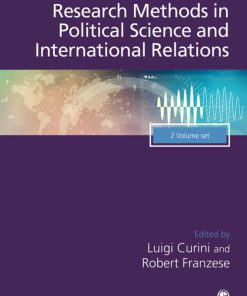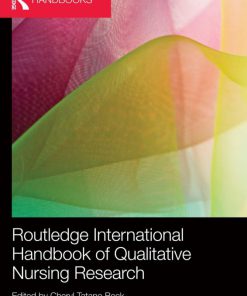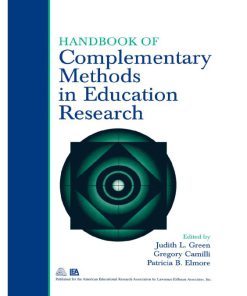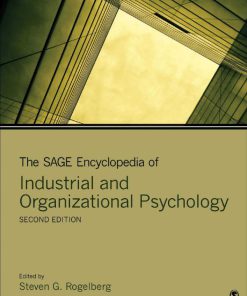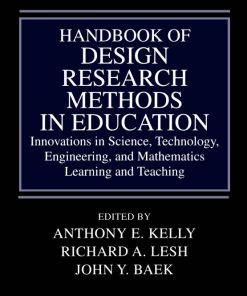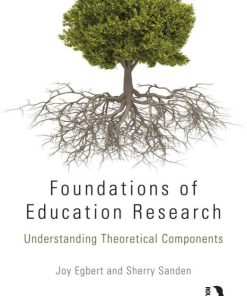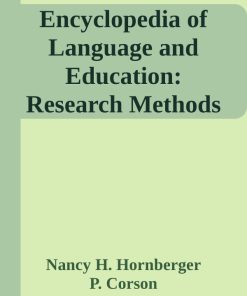The Handbook of Critical Theoretical Research Methods in Education 1st Edition by Cheryl Matias ISBN 0367174685 9780367174682
Original price was: $50.00.$25.00Current price is: $25.00.
Authors:Cheryl E. Matias , Series:Education [47] , Tags:The Handbook of Critical Theoretical Research Methods in Education approaches theory as a method for doing research; rather than as a background framework. Educational research often reduces theory to a framework used only to analyze empirically collected data. In this view theories are not considered methods; and studies that apply them as such are not given credence. This misunderstanding is primarily due to an empiricist stance of educational research; one that lacks understanding of how theories operate methodologically and presumes positivism is the only valid form of research. This limited perspective has serious consequences on essential academic activities: publication; tenure and promotion; grants; and academic awards. Expanding what constitutes methods in critical theoretical educational research; this edited book details 21 educationally just theories and demonstrates how theories are applied as method to various subfields in education. From critical race hermeneutics to Bakhtin’s dialogism; each chapter explicates the ideological roots of said theory while teaching us how to apply the theory as method. This edited book is the first of its kind in educational research. To date; no other book details educationally just theories and clearly explicates how those theories can be applied as methods. With contributions from scholars in the fields of education and qualitative research worldwide; the book will appeal to researchers and graduate students.; Research methods; theory in research; educational research; qualitative inquiry; qualitative research methods; Norman Denzin , Author sort:Matias, Cheryl E. , Ids:DOI , Languages:Languages:eng , Published:Published:Aug 2021 , Publisher:Routledge , Comments:Comments:The Handbook of Critical Theoretical Research Methods in Education approaches theory as a method for doing research, rather than as a background framework. Educational research often reduces theory to a framework used only to analyze empirically collected data. In this view theories are not considered methods, and studies that apply them as such are not given credence. This misunderstanding is primarily due to an empiricist stance of educational research, one that lacks understanding of how theories operate methodologically and presumes positivism is the only valid form of research. This limited perspective has serious consequences on essential academic activities: publication, tenure and promotion, grants, and academic awards. Expanding what constitutes methods in critical theoretical educational research, this edited book details 21 educationally just theories and demonstrates how theories are applied as method to various subfields in education. From critical race hermeneutics to Bakhtin’s dialogism, each chapter explicates the ideological roots of said theory while teaching us how to apply the theory as method. This edited book is the first of its kind in educational research. To date, no other book details educationally just theories and clearly explicates how those theories can be applied as methods. With contributions from scholars in the fields of education and qualitative research worldwide, the book will appeal to researchers and graduate students.

